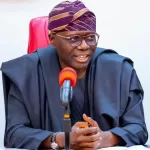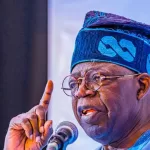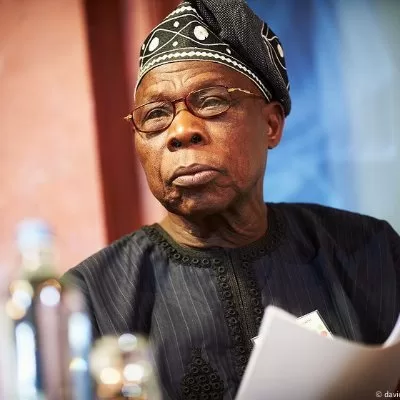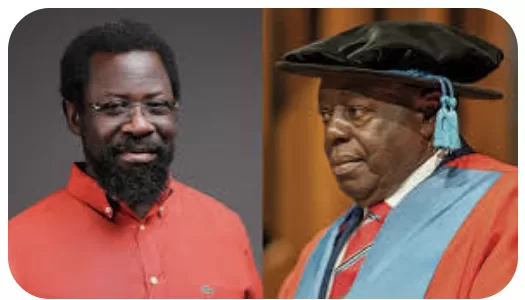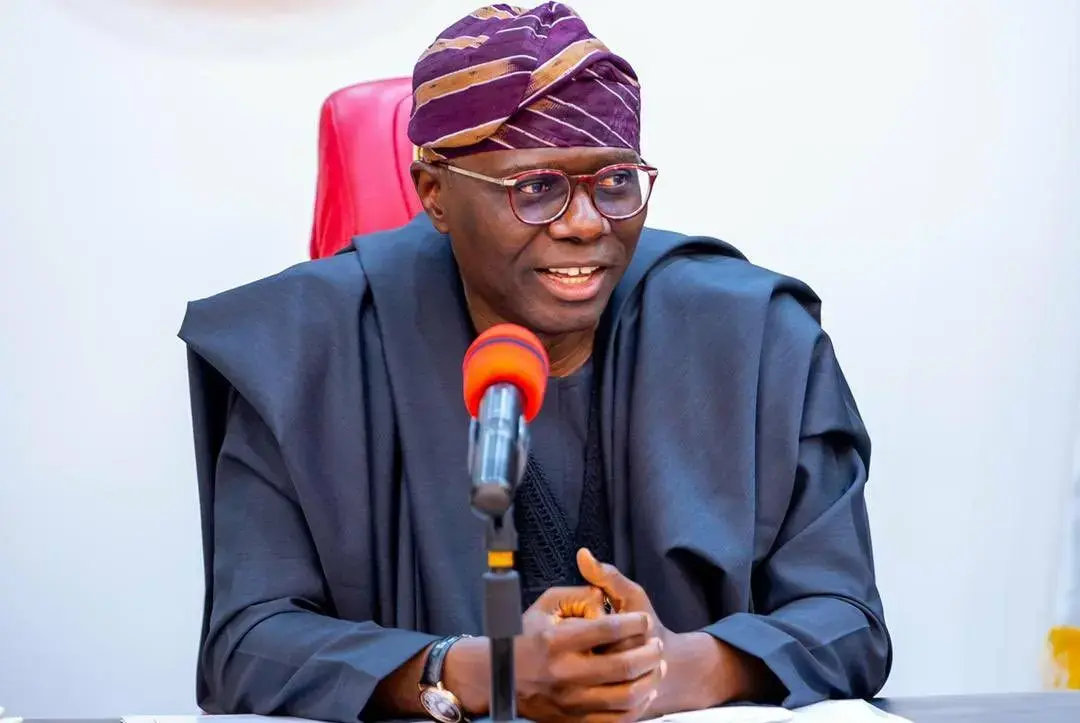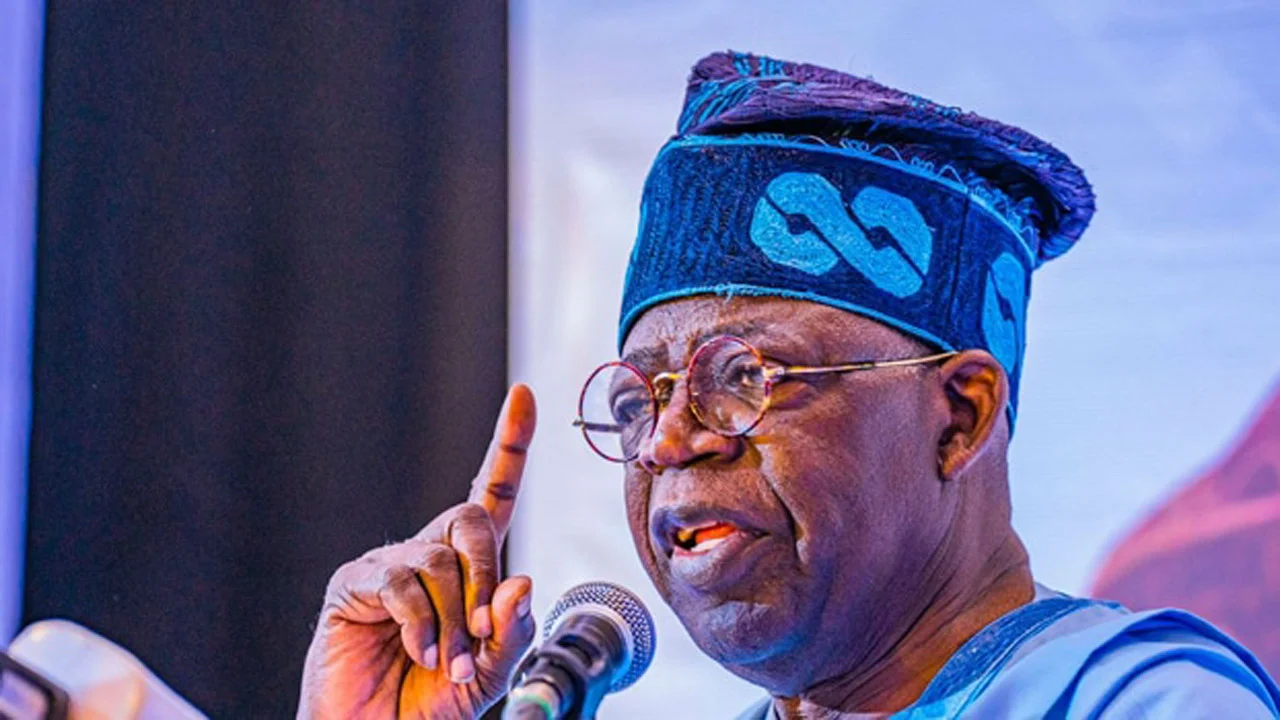Nigeria’s Inflation Woes:
The feasibility of adopting Zimbabwe’s economic recovery model
Former President Olusegun Obasanjo on Monday, at a symposium in his honour, recommended that Nigeria borrow ideas from Zimbabwe on how to curtail the surging hyperinflation in the country.
Nigeria’s current inflation rate stood at 29.9 percent as of the end of January 2024, while the country’s currency, the naira, has continued to depreciate against other major world currencies.
For instance, the naira was exchanging at N1,560 on the parallel market against the dollar on Tuesday, while it traded against the pound sterling at N2,036.
On the official market, the local currency closed at N1,602.43 on Tuesday vs N1,534 against the dollar previously.
Obasanjo had postulated that Zimbabwe once grappled with hyperinflation but has been able to tackle it through various measures and canvassed that Nigeria could seek knowledge on how the Southern African country was able to overcome such challenges in the past.
The ex-President said the times of challenges were not to give up but to face the problem head-on and draw lessons from those who encountered similar problems in the past and overcame them.
He said, “When the time is rough and tough, the tough must get going. No problem is new, and no problem will be permanent. Committing suicide is not the end of any problem; confront it and take it to God, because he could do anything.
“When you have a problem, look at those who have had this problem before and how they overcame it.
“We have this problem of galloping inflation in the country now, but do we have a country with such problems recently? Yes, we do. Zimbabwe had this problem recently.
“Shouldn’t we ask them how they did it, even if our approach will be different? Even if whatever we shall be doing will be different, we can ask questions to navigate our way out.”
In the 2000s, Zimbabwe faced a severe economic crisis marked by hyperinflation, and a vast devalued currency which led to the abandonment of its currency.
According to the International Monetary Fund (IMF), in late 2008, hyperinflation led to the abandonment of the Zimbabwe dollar in transactions and resulted in de facto widespread dollarization of the economy.
The report titled “Zimbabwe: Challenges and Policy Options after Hyperinflation” stated that Zimbabwe officially recognised the death of its dollar in February 2009 and adopted a multicurrency system.
“Under this system, transactions in hard foreign currencies are authorised, payments of taxes are mandatory in foreign exchange, and the exchange system is largely liberalised,” the IMF stated in the report.
The adoption of the dollar and the euro as official currencies allowed Zimbabwe to stabilise prices and exchange rates and rebuild confidence in the value of its currency.
Experts say for countries going through similar challenges of hyperinflation and currency instability, they could adopt the multicurrency regime to crash inflation and restore confidence in their local currency.
On the other hand, such a country could create a new and credible currency to replace the old one in a bid to reduce the impact of currency devaluation on the balance of payments, inflation, and the cost of living.
While the IMF believed that the adoption of other stable currencies to curb inflation and the erosion of the value of the local currency had significant benefits, it also came with other drawbacks.
According to the global financial watchdog, the multicurrency system approach could foster the remonetization of the economy and financial re-intermediation and help enforce fiscal discipline by precluding inflationary financing of the budget.
The IMF said such a system could also help achieve greater transparency in pricing and accounting after a long period of high inflation.
On the other hand, the IMF said the challenges that any country that adopts a multicurrency system would face include the pricing of goods and services in dollars or in the currency adopted and the payment of wages to workers, which must be negotiated ahead.
For instance, the IMF stated that “South Africa is Zimbabwe’s main trading partner and country of origin of capital inflows. Movements in the U.S. dollar/rand exchange rate therefore have considerable effects on Zimbabwe’s competitiveness and international investment position.
“Second, shortages of small-denomination U.S. dollar banknotes and coins pose difficulties for retailers. Third, some politicians have expressed concern that the loss of the national currency and seigniorage is an undesirable erosion of sovereignty and monetary independence.”
However, one of the key ingredients of such major reform is fiscal discipline and the ability to embark on bold economic reform.
The president must be willing to implement fiscal discipline, cut deficit financing, implement austerity measures, reduce government spending, and embark on reform that would attract foreign investment into the country.
Would Nigeria government and the populace be able to endure the attendant hardships that could follow such reforms? What about politicians, especially those of them who have been used to free government funds in such situations?
Would they be willing to cooperate with the government and provide legislative support, or would they rather consider more of their personal interest than national interest to either support or frustrate the process?
What about the civil service? Would they be able to find value in such policy adoption, particularly as it affects a reduction in the cost of governance and the elimination of fiscal indiscipline to curb waste in government spending?
Based on past experience, would the Nigeria be willing to seek the assistance of multilateral institutions such as the World Bank and the IMF for partnership and financial and technical support?
Collaborative efforts involving the government, international partners, and the private sector are often essential for a successful economic recovery.
While the experience of Zimbabwe could be a good one to borrow from, it should also be noted that the Southern African country is still battling with some of the challenges that have almost brought the country to its knees.
If Nigeria must heed the advice of ex-President Obasanjo, it should tread with caution and ensure that its policymakers carefully consider both the pros and cons of the policy before embarking on a goose-bumps chase.
It should be made clear to everyone through strategic communications to ensure that both policymakers, the judiciary, legislators, and executives, including the populace, substantially embrace the new direction.
Massive communication of both the objectives of the reforms, their possible impact, and their benefits should also be communicated to the people to ensure that they understand the process.
Again, those in government must ensure that the application of the policy applies to all, including the president, his family, and other political leaders.
Financial digest




